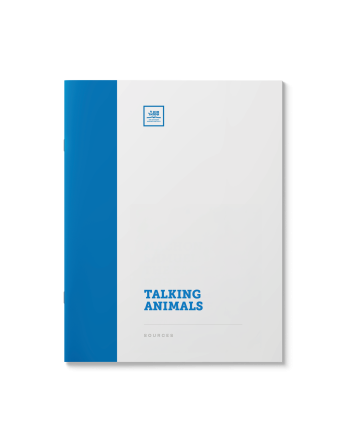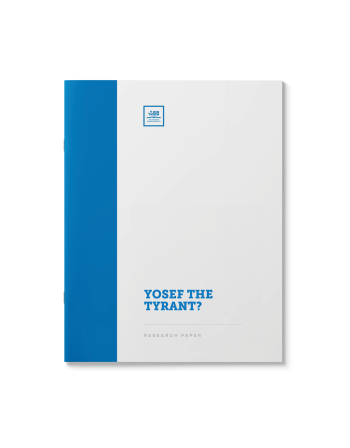| Language | Hebrew |
|---|---|
| Paper Type | Research Paper |
| Pages | 6 |
Related Products
The Bible seems to be littered with tales of
the misdeeds of the righteous. Is it naïve to ignore these stories? Do we need
to reconsider our role models? How can we interpret these stories truthfully but
in a way that confirms the holiness of our heroes?
ההנחה הפשוטה היא כי שבירת הלוחות היתה תוצאה מרוגזו של משה על חטאם של ישראל. אלא שמבט נוסף במפרשי המקרא מגלה טעמים וממתקים נוספים על דבר כוונתו של רוען של ישראל. שבעים פנים לתורה.
The circumstances surrounding the birth of King David remain obscure. Legend has it that Nitzeves endured great personal sacrifice in mothering the Sweet Singer of Israel. How is this chapter in King David’s life understood through the lenses of Torah scholarship?
We know precious little about the wife of Yosef HaTzaddik, the woman who is said to be the daughter of Potiphar. Who was she and what happened to her? What role did she play in the story of Yosef and Potiphar’s wife? A profile on one of history’s mystery figures.
Dovid Hamelech remains one of the most famous yet most mysterious men in Jewish history. A king and a sage, a warrior and a poet, his accomplishments seem to be a cluster of contradictions. Study the life of one of Israel’s greatest kings, with an emphasis on the viewpoint of Chassidus.
Man was set apart from the animal kingdom by his ability to speak. How were Chava and Bilam able to converse with the snake or donkey? Were these conversations real?
In 1903 professor Simon Newcomb argued that human flight was a “mathematical impossibility,” but that same year, the Wright Brothers successfully launched the first powered airplane.
Having your travel route shortened and arriving at your destination almost momentarily is known in Biblical terms as Kefitzas Ha-derech. It may be “naturally impossible,” but miracles do happen! From Avraham to the Baal Shem Tov, some of our greatest heroes experienced this firsthand.
Read this paper to explore this fantastic feat, its history and halachic ramifications. Have a safe trip!
(67 pages)
Submitted by a Shliach in Florida
Formulated as a series of answers, rebuttals and rejoinders, the information in this document will be invaluable to you when studying this important subject. Why did G-d instruct Moshe to take the Staff? If he was not to strike the rock, why did it issue forth water? How could Moshe defy G-d’s explicit instructions?
Having survived the Great Flood, Noach was comforted by the sight of the dove clutching an olive leaf, the proverbial sign of peace.
What is unique about the olive leaf? What was the message it conveyed to Noach? What relevant lesson can be gleaned from this incident?
The Torah’s account of the feud of Korach raises many questions. By saying, “I shall consume them in an instant” G-d seems to appear vengeful. Why was it necessary to demonstrate such staggering might? Why was it specifically the Ketores that was used to stem the spread of the plague after the demise of Korach?
Handling economic depressions is one of the duties of modern government. Yet when the Egyptians begged for food during the famine, Yosef enslaved them as payment. Wasn’t it his responsibility to provide food? Why did the Egyptians beg for food instead of demanding their due right?
Moshe’s name is perhaps the most recognized name in all of Judaism, the name of arguably the greatest Jewish leader of all time – and a name that was given to him by an Egyptian Princess. Why did the Torah choose his Egyptian name as the name to be remembered for posterity? Why wasn’t his Jewish name recorded? And what was his Jewish name?















